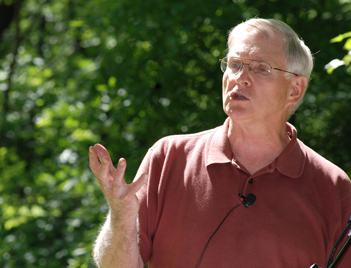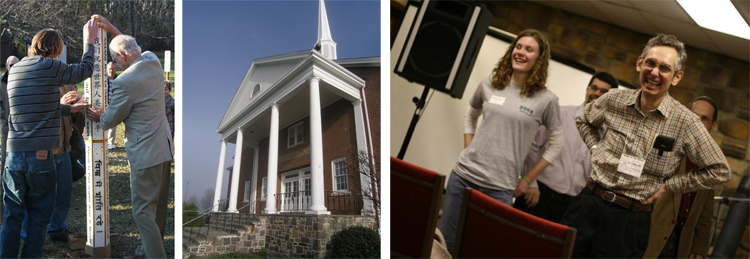Reminder
The Mennonite Conference Center will be closed from Monday, December 24 through Tuesday, January 1. There will be not be any Bulletin Announcements or Notes to Pastors sent next week. Merry Christmas!
Teamwork and Managing Anxiety Workshop
A workshop for congregational committees and leadership groups will be held on Saturday, January 12, from 9 a.m. to 4 p.m. at West Swamp Mennonite Church in Quakertown, PA. The theme of the workshop will be, “Teamwork and Managing Anxiety” led by Dan Graber. Please register for this event by January 5, 2008, by contacting Jessica Walter at jwalter@mosaicmennonites.org. For more information, visit http://www.mosaicmennonites.org/index.php?P=162.
Third Thursday Pastors’ Breakfasts
Beginning in January, Third Thursday Pastors’ Breakfasts will be held monthly at the Mennonite Conference Center. January’s meeting will be led by Randy Nyce from Mennonite Mutual Aid on January 17, 2008, from 8 – 10 a.m.
12/20/07



 During the past ten years, more than a dozen congregations in Franconia Conference have experienced a significant crisis in their life together. In nearly all cases, the themes of leadership and authority were important challenges that needed to be addressed in order for the body to be restored to health. In general, the role of the pastor, the organizational structures of the congregation, and patterns of decision-making needed to be revisited and clarified.
During the past ten years, more than a dozen congregations in Franconia Conference have experienced a significant crisis in their life together. In nearly all cases, the themes of leadership and authority were important challenges that needed to be addressed in order for the body to be restored to health. In general, the role of the pastor, the organizational structures of the congregation, and patterns of decision-making needed to be revisited and clarified.




 There are no “ifs” among believers. Anything can happen. Our family believes more and more in the power of God’s “anything.” Anything can happen when one is willing to be sent; not with a lot of equipment, but with a freeing, healing message that life can be radically different. We went back to the home up the hill. “Without an agenda,” we told them. I don’t know if they believed it, but a few weeks ago they called asking if we could get together sometime. Anything can and seems to happen.
There are no “ifs” among believers. Anything can happen. Our family believes more and more in the power of God’s “anything.” Anything can happen when one is willing to be sent; not with a lot of equipment, but with a freeing, healing message that life can be radically different. We went back to the home up the hill. “Without an agenda,” we told them. I don’t know if they believed it, but a few weeks ago they called asking if we could get together sometime. Anything can and seems to happen.

